Museology, also known as museum studies offers a comprehensive perspective of museum work within a cultural, social as well as political setting. Museum studies explore the latest developments in the fields of management, education, and marketing, and provide an understanding of the basic principles behind the creation of policies by governments regarding the management of cultural resources. The field of museum studies encompasses theories and concepts that stem from arts, history as well as archaeology, ethnic studies, and Anthropology.
The courses in museum studies include the following areas: communication in museums the preservation and protection of historic material as well as the development of content for museum exhibitions marketing for galleries and museums and marketing, and many more.
Usually taught at the master's or doctoral levels, museum studies focus on teaching the understanding of the theory and skills needed to run the museum. It is considered to be part of the library and information science, the field of museum studies provides students with an understanding of the analytical process and a deeper understanding of social and cultural advancements. A specialist in museology has an excellent cultural background that allows for the making of connections between artworks and historical events, as well as between scientific and technological advances. Students will also be able to develop an eye for aesthetics, and the ability to think critically.
Museums are the keeper of our history and culture This profession is best suitable for people who have an analytical bent of mind and for those who enjoy or want to learn about the past. It is a career in which history is not revealed through books on history but in person through tangible objects of the past that are hung on walls of museums.
Career prospects for museum studies graduates cover jobs like museum registrar, archivist, curator, museum technician, museum director, exhibit coordinator, cultural heritage information professional, and museum librarian.
Eligibility:
Candidates who want to take admission in Ph.D. must have a post-graduate degree in History of Art/ History/ Archaeology/Anthropology/ Aesthetics with at least 55% marks from a recognized university and must have passed the national level entrance examination or university level entrance examination. National level entrance exams like UGC NET / UGC CSIR NET / GATE / SLET or University entrance exams consist of written tests and personal interviews.
Career and Job Opportunities:
Museologists are usually employed within the public sector at museums that are run by the national and state levels like the National Museum, New Delhi; Indian Museum, Kolkata; Salarjung Museum, Hyderabad, RBI Monetary Museum, etc. Museums are also expanding within the commercial sector, and creating more job opportunities for museologists.
The main employers of museologists, aside from the various state and central museums, could be archaeology, archaeology, history, art societies, textile, and numismatic Sanskriti Foundations, as well as private museums that are set up by large corporations. There are also opportunities in private museums, such as Aziz Bhat Museum in Kargil and ONGC's second oil museum located in Guwahati, Sachin Tendulkar museum in Mumbai, etc.
The government sector by taking UPSC or SSC exams. Additionally, students can opt for SLET and NET to go into the field of research and teaching.
Museologists may work as curators at museums, and they are responsible for organizing and cataloging the museum's artifacts. Additionally, they also have the responsibility of categorizing and describing museum items. Curators assist researchers and students with reference materials. They also participate in research, processing records, general administration, and supervision. As Curators, you have the ability to acquire artifacts, organize exhibitions, and managing exhibitions. They arrange exhibits of objects at museums, and organize exhibitions by selecting the items to display and labeling them, then arranging them, buying unique and contemporary collections to enrich museum collections, and deciding what artifacts need to be identified as being checked, cleaned as well as stored or displayed keeping a record of each piece (origin as well as information about its age, and conservation).
Museums are a place of learning that allows visitors to get to experience learning. Museum educators educate visitors as well as students who go to Museums. They design and decorate exhibition halls, correctly organized secondary collections, label them, plan guided tours, arrange touring exhibitions, arrange school visits, provide workshops for teachers and students, draw lectures, motion images films, trips to the cinema, publications, and more.
Exhibitions are the sole language that museums can reach out to large audiences to have an immediate impact on the viewers. Exhibition Coordinators coordinate with their teams to organize the exhibition. They are responsible for selecting the subject of the Exhibition including irrigation soil conservation agriculture, management of farms industrialization social welfare, and so on. They can make use of various media to educate visitors. These include drawings, pictures, images models, charts, and various other materials.
The role of consultants is to design and develop management strategies, produce content, advertise exhibitions, and other facilities for culture.
People who are in the field of art, art history and education, history, administration, public relations, and other fields are likely to enjoy the field of museums. Researchers, librarians, and archivists seeking new opportunities will be a bit hesitant as research is an important component of museology.
Course Duration:
The Ph.D. Museology & Conservation courses are a minimum of 3 years and a maximum of 5 duration. This depends on the university offering the course.
Course Fees:
The average fee for Ph.D. Museology & Conservation degree is between INR 50000 and INR 500000.
 5 Years
5 Years
 PhD
PhD
 Research
Research







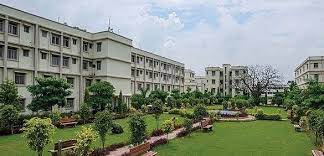
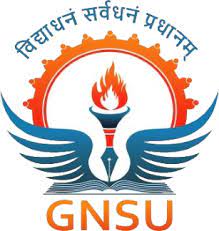

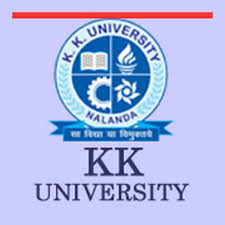
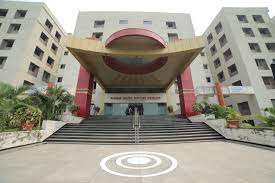
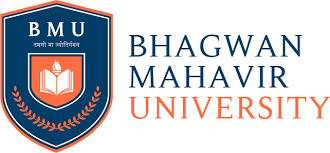
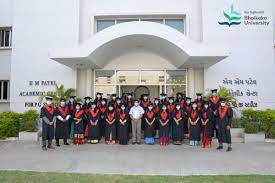

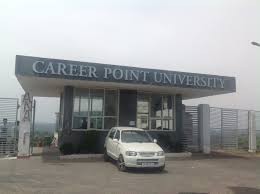

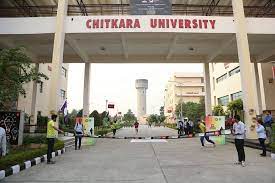
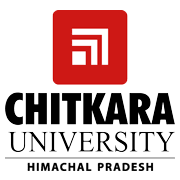
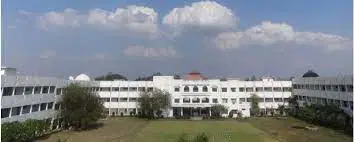

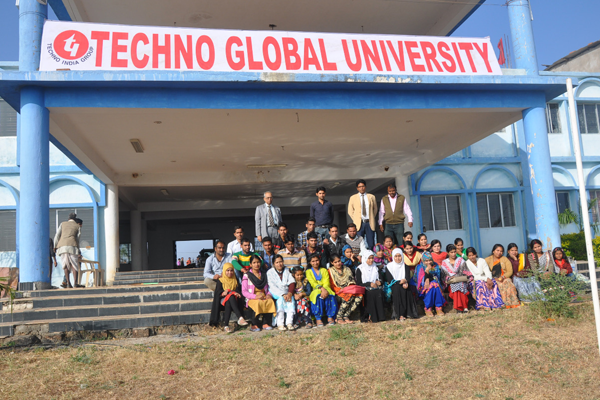

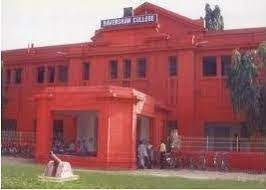
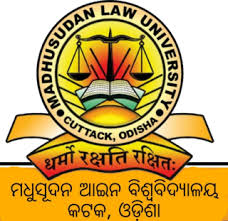
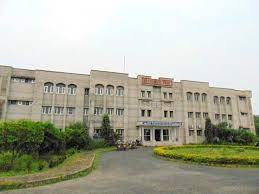
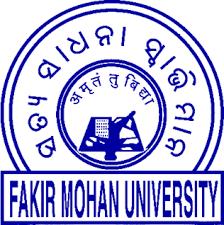
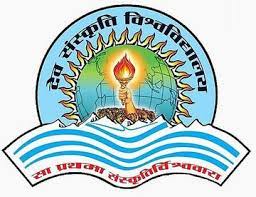
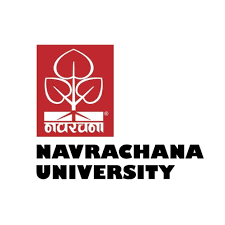
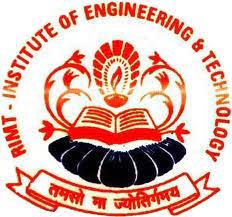

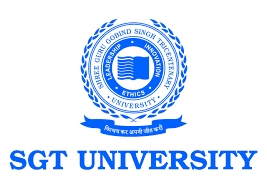

 back
back